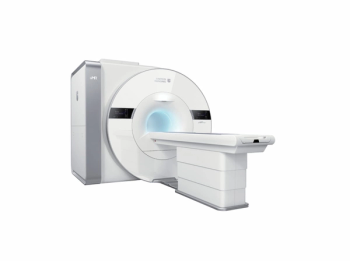
In addition to enhanced resolution, the uMR Jupiter 5T device reportedly addresses image uniformity and radiofrequency safety that have been previous challenges with ultra-high-field MRI.

In addition to enhanced resolution, the uMR Jupiter 5T device reportedly addresses image uniformity and radiofrequency safety that have been previous challenges with ultra-high-field MRI.
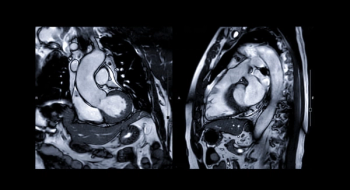
While noting inconsistencies with the diagnostic yield of cardiac MRI in patients who survived sudden cardiac arrest, researchers cited unique advantages in characterizing ischemic cardiomyopathy (ICM) and facilitating alternate diagnoses.

Catch up on the top radiology content of the past week.
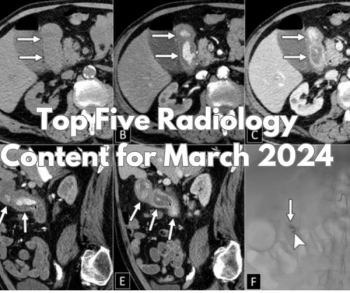
Catch up on the most-well viewed radiology content in March 2024.
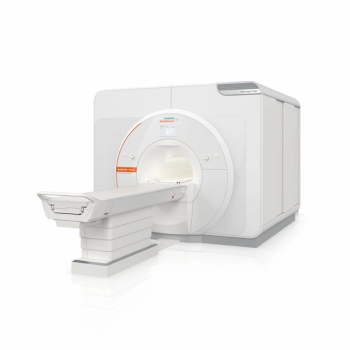
Offering improved image clarity capable of capturing details of subtle pathology, the Magnetom Terra.X 7T MRI system reportedly features the first eight-channel parallel transmit architecture for clinical use.

The multimodality system nCommand Lite reportedly facilitates real-time remote imaging guidance on scanning parameters and procedure assessments to licensed technologists for a variety of imaging modalities including CT and MRI.

Catch up on the top radiology content of the past week.
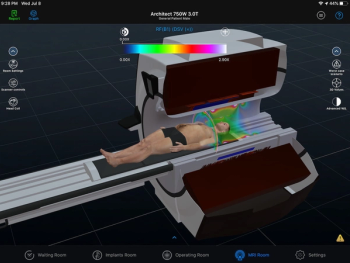
Emphasizing optimal balancing of patient safety and image quality, these authors discuss the impact of the specific absorption rate and B1+rms parameters upon radiofrequency exposure with MRI exams.

Catch up on the top radiology content of the past week.
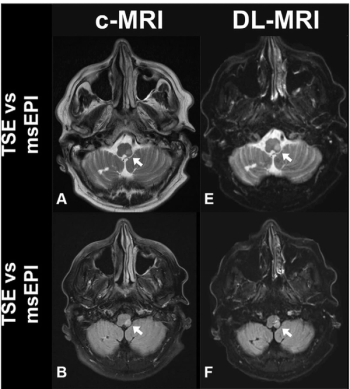
For patients with suspected acute stroke, researchers noted higher image quality for deep learning-accelerated MRI, which can be completed over 11 minutes sooner than similar sequences for conventional MRI.
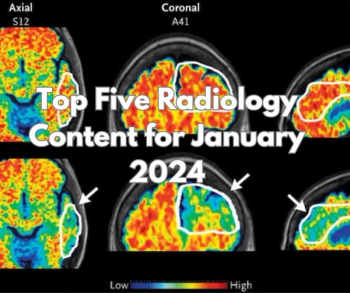
Catch up on the most-well viewed radiology content in January 2024.

Catch up on the top radiology content of the past week.
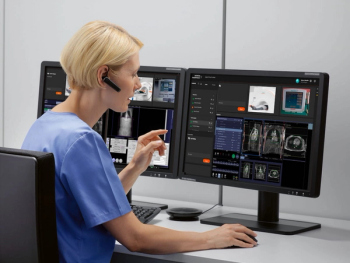
The syngo Virtual Cockpit platform reportedly enables remote access and image acquisition for CT, MRI and positron emission tomography (PET), and facilitates clinician collaboration across multiple sites.

Catch up on the top radiology content of the past week.
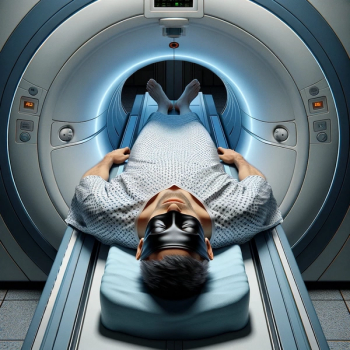
Given the frequent challenges in magnetic resonance imaging that are associated with claustrophobia, this author discusses innovations in noise reduction, radiofrequency coils and wide bore scanners, and emphasizes keys to relieving patient anxiety.

Featuring a lightweight body contouring design, the Small Body Array reportedly facilitates optimal signal-to-noise ratio (SNR) and between 10 and 40 percent faster throughput.
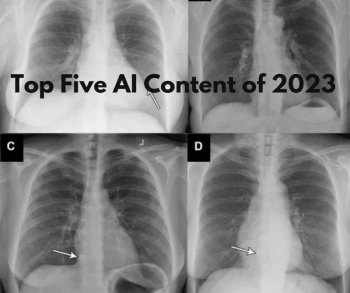
Catch up on the most viewed content on AI in radiology from 2023.
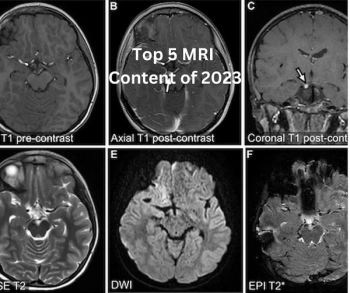
Catch up on the most well-read magnetic resonance imaging (MRI) articles from 2023.

In a recent video interview series, Dushyant Sahani, M.D., discussed the critical role of contrast media in diagnostic imaging, lessons learned from the contrast media shortage, key considerations with generic agents and currently unmet needs with contrast agents.

The expanded 510(k) clearance from the FDA for the Optimizer Smart Mini system allows full-body MRI use for patients with heart failure who are receiving cardiac contractility modulation (CCM).
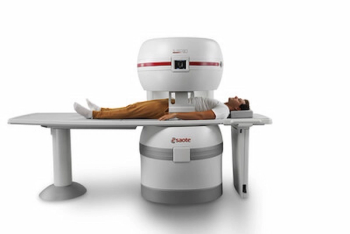
The update of the S-scan magnetic resonance imaging (MRI) system reportedly offers an improved ergonomic design, algorithms to enhance image quality and reduced scan times.
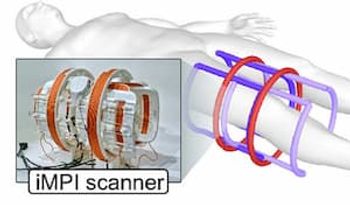
iMPI technology represents a significant advancement in the field of medical imaging that may potentially revolutionize the way endovascular interventions are conducted.
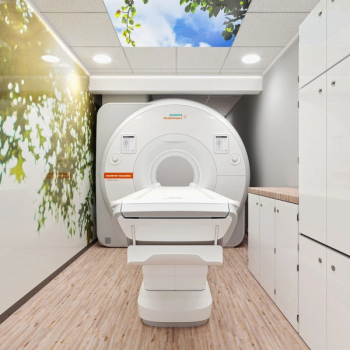
The MAGNETOM Viato.Mobile may facilitate improved access to MRI capabilities for patients with serious health conditions who lack geographic proximity to centers with advanced imaging.
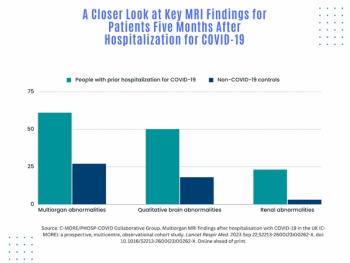
For patients discharged from the hospital with confirmed COVID-19, median five-month follow-up MRI findings revealed a greater likelihood of regional brain volume reduction, parenchymal lung abnormalities and loss of corticomedullary differentiation in the kidney in comparison to people who have not had COVID-19.
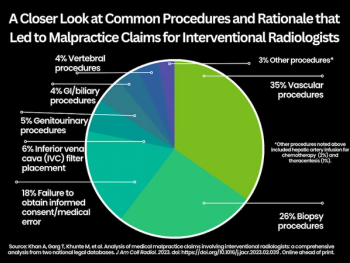
Thirty-five percent of the interventional radiology malpractice cases involved vascular procedures and 26 percent of overall malpractice cases that went to trial resulted in plaintiff judgments with the average award being over $2 million.